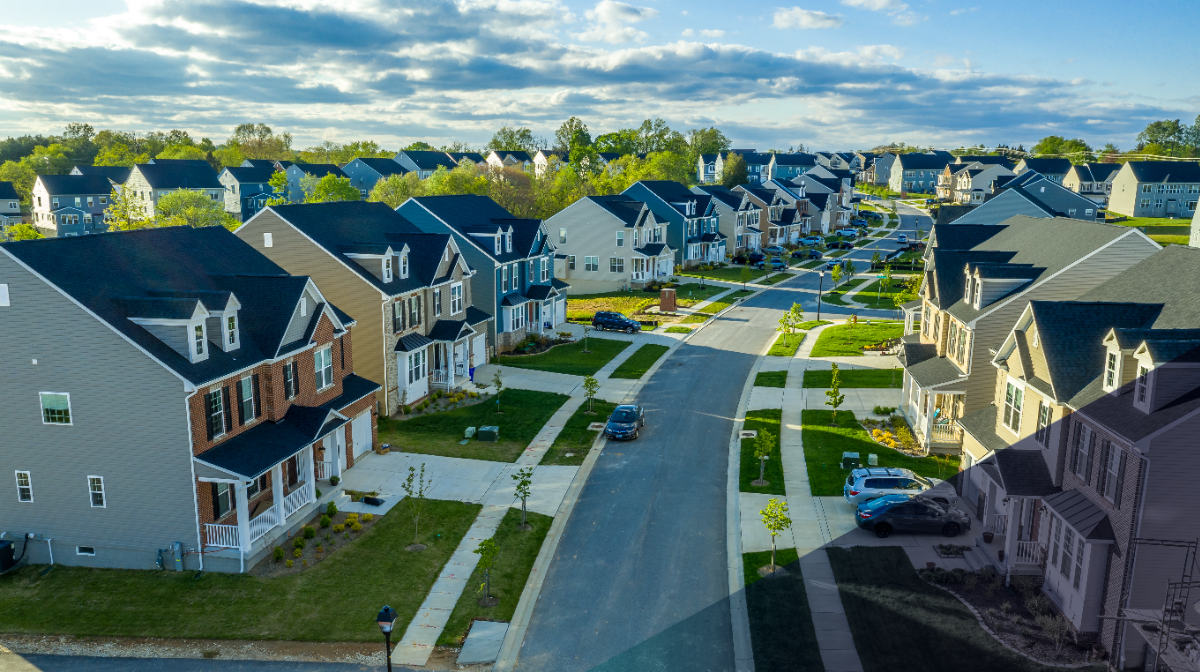Property management is an essential service in the real estate sector that ensures the upkeep and administration of property investments. It encompasses a range of activities from handling tenant issues to maintaining property condition. The industry is broadly categorized into four primary types based on the kind of properties managed: residential, commercial, industrial, and special purpose. Each type of property management has its unique set of challenges and responsibilities. This article provides a detailed look at these four distinct categories, highlighting their roles, challenges, and the skills required to manage each effectively.
1. Residential Property Management
This category deals with properties used for residential purposes, including single-family homes, apartment complexes, and condominiums. The focus is on managing daily operations related to homeowners or tenants. Key responsibilities include:
- Tenant Management: Screening new tenants, managing leases, collecting rent, handling complaints and emergencies, and overseeing move-outs.
- Maintenance and Repairs: Ensuring that the property is in good living condition, which involves regular maintenance tasks, responding to repair requests, and renovating units as needed.
- Legal Compliance: Adhering to landlord-tenant laws, which can vary significantly by location, including security deposit handling, eviction procedures, and proper living standards.
- Financial Operations: Managing budgets and accounts related to the property, including tracking income and expenditures, and ensuring profitability.
Managers in this field need strong interpersonal skills to deal with tenants, robust knowledge of residential property law, and a keen eye for detail to maintain property standards.
2. Commercial Property Management
Commercial property management involves handling real estate used for business purposes, such as office buildings, retail stores, and shopping centers. Commercial managers have a broad range of responsibilities that extend beyond those of residential management, primarily due to the scale and operational complexities of commercial properties. Responsibilities include:
- Lease Administration: Managing a more complex lease structure, including lease negotiations, renewals, and terminations with businesses.
- Building Operations: Ensuring that all facilities are operational, which includes managing large-scale heating and cooling systems, elevators, parking lots, and common areas.
- Tenant Relations: Balancing the needs of various tenants, which can include everything from large anchor stores to small businesses.
- Compliance and Risk Management: Ensuring compliance with commercial building codes, safety regulations, and environmental laws.
Commercial property managers must understand commercial real estate operations deeply, possess negotiation skills, and be adept at financial and space management.
3. Industrial Property Management
This type involves managing properties used for manufacturing, production, distribution, or storage, such as warehouses, factories, and industrial parks. Industrial property management can be particularly challenging due to the specialized nature of the facilities. Key aspects include:
- Facility Management: Overseeing the specific requirements of industrial operations, including large machinery, supply chain logistics, and infrastructure for transporting goods.
- Health and Safety: Ensuring compliance with health and safety regulations, which are more stringent in industrial settings due to potential hazards.
- Tenant Customizations: Managing modifications to the property to suit tenant needs, which can involve significant alterations for different industrial activities.
- Environmental Management: Handling issues related to waste disposal, contamination, and compliance with environmental regulations.
Industrial managers need to have a strong understanding of industrial operations, excellent crisis management skills, and knowledge of environmental and safety regulations.
4. Special Purpose Property Management
This category includes properties that serve specific purposes and require specialized management, such as schools, churches, hospitals, and government buildings. The management of these properties often involves:
- Specialized Knowledge: Understanding the specific operational needs and regulations of the facilities.
- Community and Public Relations: Engaging with various stakeholders, including the public, government entities, and specific user groups.
- Maintenance of Specialized Facilities: Managing facilities that have unique functions, such as medical equipment in hospitals or educational technology in schools.
- Regulatory Compliance: Ensuring that the property meets all applicable codes and regulations, which can be particularly complex in special-purpose facilities.
Managers in this field must possess a detailed understanding of the property’s purpose, engage with a wide range of stakeholders, and navigate complex regulatory landscapes.
Property management is a diverse field that encompasses various specialties, each requiring specific skills and knowledge. Whether managing a residential apartment complex, a high-rise commercial building, an industrial park, or a special-purpose facility, property managers play a crucial role in ensuring these properties are well-maintained, compliant with regulations, and meet the needs of their occupants. Understanding the distinctions between these types of property management helps professionals tailor their skills and services to meet specific market demands effectively.





